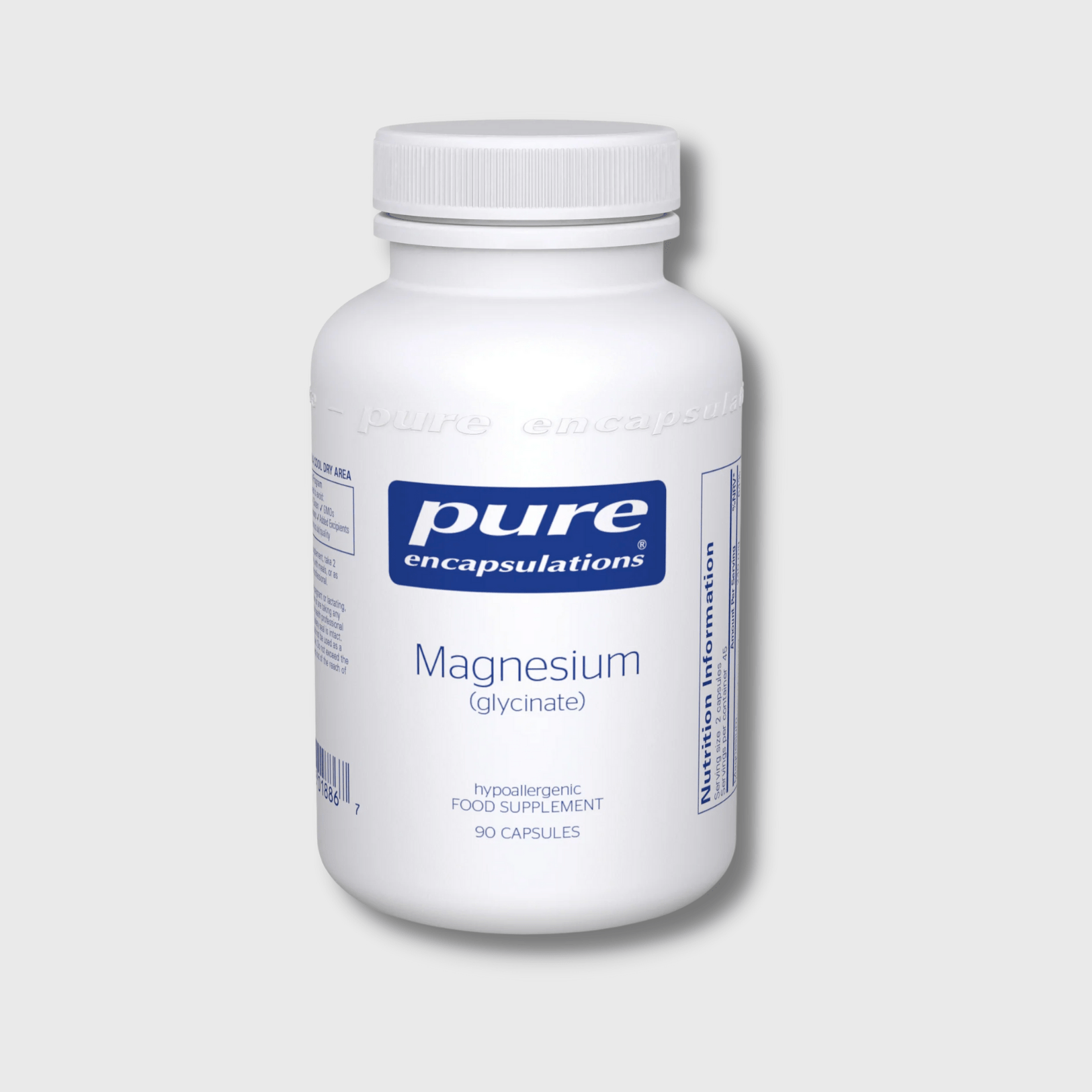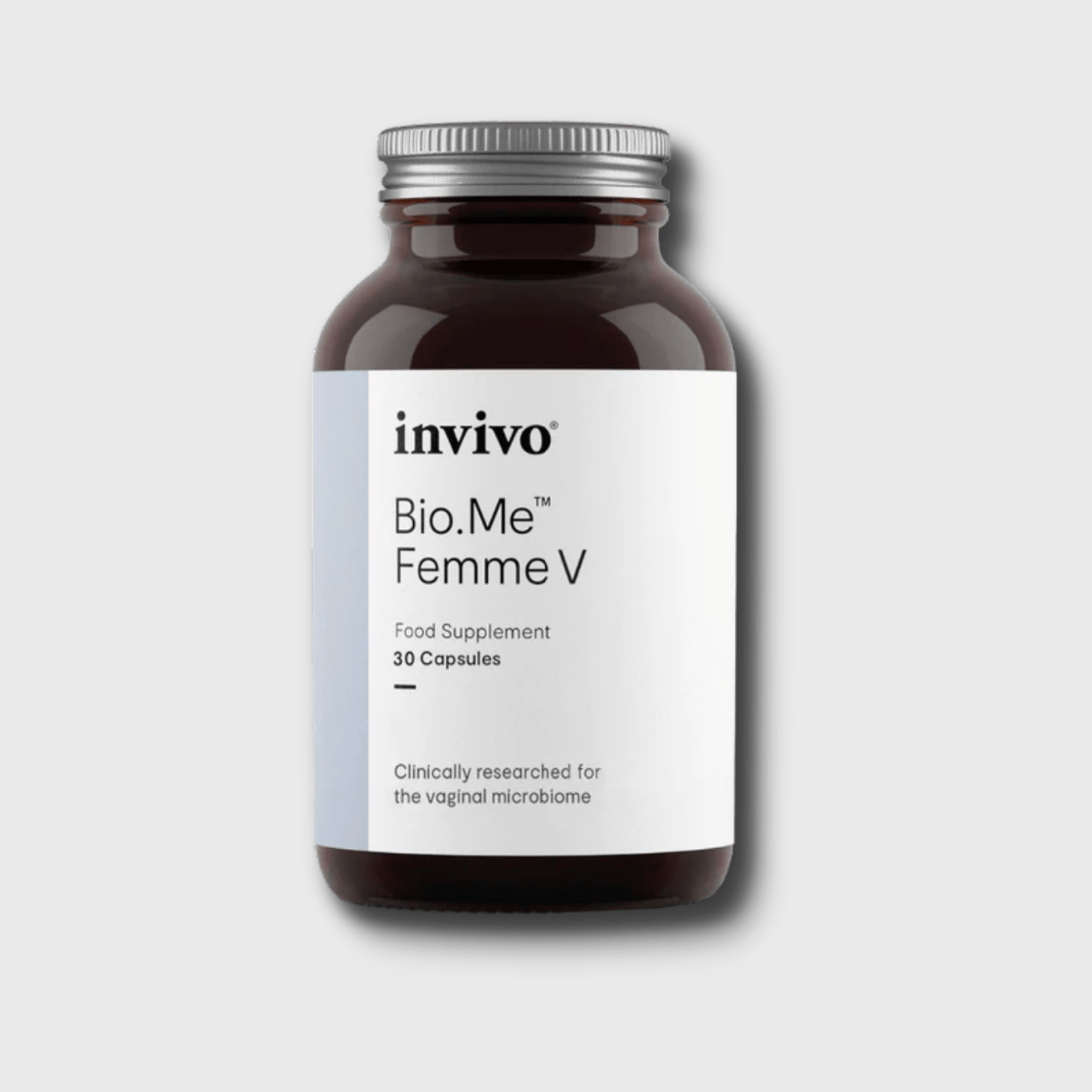
Best Supplements For Fertility
There can be few topics more emotionally charged for couples and their families than that of conception and fertility, especially when pregnancy doesn’t happen just like that! According to government statistics, just under half of all pregnancies happen by accident, but with 1 in 7 couples having difficulty conceiving according to the NHS, actively trying for a baby can feel both exciting and daunting, and there is so much information and advice out there that it can often feel overwhelming.
In general, a couple is considered to have fertility issues if they have not got pregnant after one year (or longer) of unprotected sex. This is known as primary infertility. Secondary infertility refers to couples who have been able to get pregnant at least once, but now are unable to do so. Rates of both primary and secondary infertility have been on the rise in recent years meaning more and more couples are looking at ways to improve their chances of getting pregnant.
The reasons behind infertility are usually pretty complex, but one thing most experts will agree on is that getting your bodies into the best possible shape beforehand can only improve your chances of conception, and will likely reduce the chance of any potential pregnancy-related complications. Optimal nutrition sits right at the foundation of good health, and along with emotional health and lifestyle factors, is an important area to consider if you’re looking to support reproductive health for both you and your partner. “Healthy” diets favouring fish, poultry, whole grains, fruits and vegetables, have been consistently related to better fertility, higher live birth rates and better semen quality across a wide range of populations, whilst “unhealthy” diets have consistently had the opposite relation.1,2,3
Micronutrients we get from our diet have been shown to play important roles in many aspects of reproductive health, from menstruation and ovulation, to egg quality and maturation, as well as sperm quality, quantity and motility. The maturing egg, sperm, endometrium (womb lining) and foetus depend upon nutrients for their development, and so preparing the body for 3-4 months before trying to conceive is as important as ensuring good nutrition and health throughout pregnancy.
Whilst eating a healthy well-balanced wholefood diet rich in macro- and micro-nutrients is absolutely fundamental, many healthcare practitioners advise that women and men who are actively trying to conceive also take a nutritional supplement to improve their chances of having a baby.
So what are the best supplements for fertility?
Multivitamin
A multivit containing a broad range of vitamins and minerals in their most absorbable and body-ready forms, and in the recommended amounts for supporting reproductive health is one of the best supplements for fertility. Given what we know about the importance of micronutrients for the health of the maturing egg, sperm, endometrium and foetus, a multivitamin supplement is a sensible insurance policy to make sure you and your partner are getting good levels of the key micronutrients needed to optimize fertility.4
In addition, many other factors such as good energy levels, balanced mood, resistance to stress and overall feelings of well-being are important for any couple to feel the best they can whilst trying for a baby, all of which can be supported by the use of a multivitamin.
Omega-3 Fatty Acids
Omega-3 fats such as those found in oily fish are known to be essential to health in both adults and children, and must be provided by the diet as we cannot make them in the body. Numerous studies have shown that they also improve female fertility and enhance sperm quality.5,6,7 Getting them into your diet can be tricky however – even for those who love seafood – due to the level of contaminants found naturally in fish. One solution is to take an omega-3 supplement, which has been through a purification process to remove the contaminants, and provides potent levels of omega-3 and all of the benefits that go along with it, without the dangers to a growing baby.
Vitamin D
Some research has found that vitamin D deficiency could be associated with infertility in both men and women.8,9 Therefore it might be wise to test your vitamin D status, and if you have low levels, taking a supplement may be beneficial.
What are the best fertility supplements for women?
Whilst a specially-formulated broad-spectrum multivitamin and good quality omega-3s are considered the best fertility supplements for women, it’s worth also considering some individual nutrients that are thought to play a key role in conception and pregnancy.
Folate
Folate is a B vitamin that’s needed for healthy cell metabolism and the formation of new cells in the body. Also known as folic acid, folacin and vitamin B9, folate plays a crucial role in foetal development and due to its crucial role in cell division, is key for preventing certain birth defects. For women who are struggling to conceive, folate may help prevent early pregnancy defects that can lead to miscarriage.
The most effective form of folic acid to take is 5-MTHF (5-methyltetrahydrofolate) – this is a body ready form that the body can use immediately. For genetic reasons, some people lack enzymes to make the conversion into this activated form so other forms of folic acid may be completely ineffective. A good pregnancy multivitamin will contain optimal levels of 5-MTHF for conception and pregnancy.
Vitamin B12
Deficient levels of B12 may have a significant impact on women’s reproductive health.10 This deficiency may lead to anovulation (no release of an egg), disrupt normal cell division, impair egg development and result in difficulties during implantation. Fertility issues as a result of vitamin B12 deficiency can be easily corrected with B12 supplementation however. The active body-ready forms of vitamin B12 include methylcobalamin and adenosylcobalamin, so it’s important to look for these forms when choosing a supplement.
Myo-inositol
Myo-inositol, often considered to be a member of the B-complex group of vitamins, is a key factor involved in insulin signalling, and low levels have been observed in individuals with impaired insulin sensitivity and PCOS (Polycystic Ovary Syndrome), a common cause of infertility among women. A number of research studies have found supplemental myo-inositol to be an effective support in PCOS, in part due to its ability to improve insulin sensitivity, restore hormonal balance, improve menstrual regularity, reduce hyperandrogenism and influence ovarian function. Promising research has demonstrated fertility-improving effects of myo-inositol among women with PCOS.11
What are the best fertility supplements for men?
Fertility isn’t just a female issue. It may be the quality of the male’s sperm that’s at the root of the problem. Researchers estimate that about one in every 3 cases of infertility is due to fertility problems in the male partner alone.12,13 Whilst a broad-spectrum multivitamin and good quality omega-3s are amongst the best fertility supplements for men, it’s worth considering some of the individual nutrients that are thought to play a key role in sperm health and male fertility.
Selenium
Selenium is a key trace mineral and acts as a powerful antioxidant in the body. When it comes to fertility, this powerful nutrient is involved in various physiological processes, including sperm production, motility and overall sperm quality.14 Selenium is therefore considered to be one of the best fertility supplements for men, and a good men’s multivitamin will contain optimal levels of selenium for sperm health.
Zinc
Zinc, an essential trace element, is considered one of the cornerstones of male reproductive health, and is necessary for healthy testosterone levels and sperm production. Zinc deficiency may be an important risk factor for lowered semen quality and reduced chances of fertilization. Observational studies show that low zinc status or deficiency is associated with low testosterone levels, poor sperm quality, and an increased risk of male infertility.15 Meanwhile supplementation has been shown to increase testosterone levels and sperm count in those who are low in zinc16, and alongside selenium it is considered one of the best fertility supplements for men.
Blog provided by Nutri Advanced.
Share








